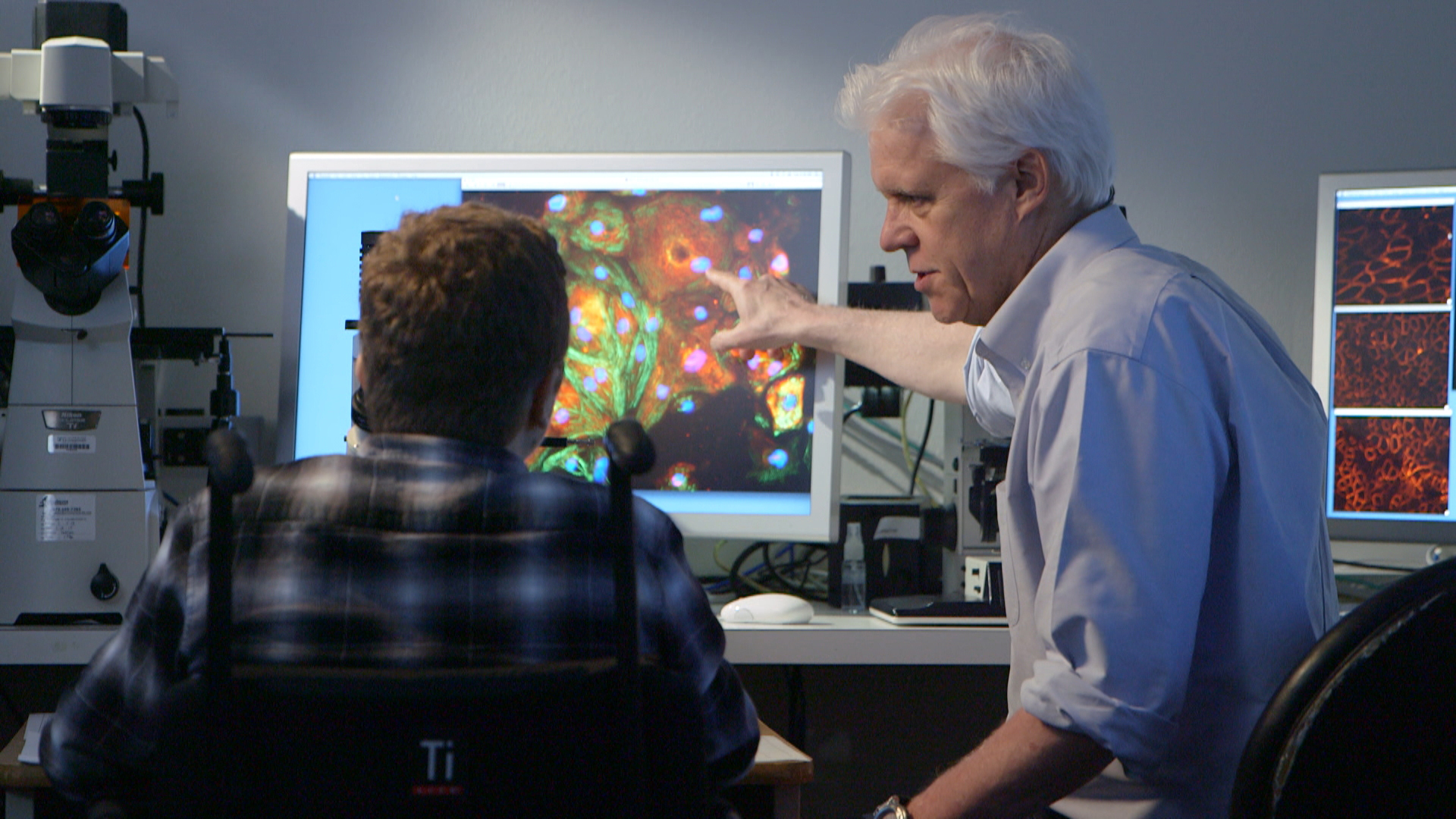Update (August 30, 2018): Pfizer has stopped development of domagrozumab, its experimental Duchenne muscular dystrophy (DMD) drug, after it failed to show efficacy in a Phase II trial. The decision does not affect Pfizer’s development plan for PF-06939926, a gene therapy also designed to treat DMD.
Originally published on April 16, 2018:
Duchenne muscular dystrophy is becoming a substantial target of rare disease drug development with pharmaceutical giant Pfizer joining smaller biotechs in the race to release more targeted therapies for the genetic disease. Pfizer has announced that study investigators have dosed their first pediatric patient with PF-06939926, a gene therapy candidate designed to replace the loss of the dystrophin protein in patients with Duchenne muscular dystrophy with a shortened version of the gene known as “mini-dystrophin.”
“On behalf of the community of individuals and families living with Duchenne muscular dystrophy, we applaud the important step Pfizer has taken to advance a potentially transformational treatment option for boys stricken with this terrible disease,” said Debra Miller, CEO and Founder of Cure Duchenne. “The momentum we are seeing in the field of gene therapy emphasizes the maturing opportunity to advance the science.
“Today, there are very limited treatment options for our boys. Through collaboration and ongoing dialogue with companies like Pfizer, we hope to succeed in finding therapies that could dramatically change the outcomes for those with [Duchenne muscular dystrophy].”
The mini-dystrophin gene therapy was originally developed by Bamboo Therapeutics, which was acquired by Pfizer in 2016. Pfizer’s Duchenne muscular dystrophy portfolio also includes the antibody drug domagrozumab, which is currently being tested in a Phase II clinical trial.
The multi-center trial will involve about 12 boys between the ages of five and 12 who have been diagnosed with Duchenne muscular dystrophy but have retained the ability to walk. The mini-dystrophin gene therapy PF-06939926 will be infused intravenously, and the research team will assess its safety and tolerability in the patients.
RELATED: Sarepta Therapeutics to File for FDA Approval of Second DMD Drug
Prior to enrolling patients in the study, they will be tested for the presence of antibodies against the adeno-associated virus serotype 9 (AAV9) capsid, which is used to introduce the gene therapy into cells, as well as an immune response to the dystrophin protein itself. Since the gene therapy is designed to replace the absence of endogenous dystrophin, Pfizer will assess levels of dystrophin expression in the trial participants, along with whether the gene therapy is associated with changes in muscular strength and function.
In 2016, Sarepta Therapeutics’ Exondys 51 became the first FDA-approved therapy to treat Duchenne muscular dystrophy. As an exon-skipping drug, Exondys 51 is only beneficial to patients with a mutation in the dystrophin gene on exon 51. This limits the drug’s potential patient population, however last month, Sarepta announced they’d be looking for FDA approval for a second Duchenne muscular dystrophy therapy.
“Investment in this trial represents the culmination of years of research on behalf of patients by scientists at Pfizer and academic medical centers, along with the support of the [Duchenne muscular dystrophy] patient advocacy community, in the important quest to advance a program that could potentially change the trajectory of this debilitating disease,” said Dr. Greg LaRosa, Senior Vice President and Chief Scientific Officer of Pfizer’s Rare Disease Research Unit. “We’ve listened to the patient community and we know there is a dire need for treatment options; with this in mind, we have built on important scientific advances to design a therapy with the potential to deliver the mini-dystrophin gene to the body and address the underlying cause of [Duchenne muscular dystrophy], regardless of mutation. This trial will assess the safety of this approach to gene therapy and could provide valuable data demonstrating its potential impact to slow down or stop the progression of [Duchenne muscular dystrophy].”
Pfizer anticipates that four clinical research sites across the US will be involved in the study and will continue to recruit patients in order to meet enrollment targets. Since they study team aim to follow up with participants for 12 months after being treated with the mini-dystrophin gene therapy, preliminary data likely won’t be available until early 2019.










Join or login to leave a comment
JOIN LOGIN